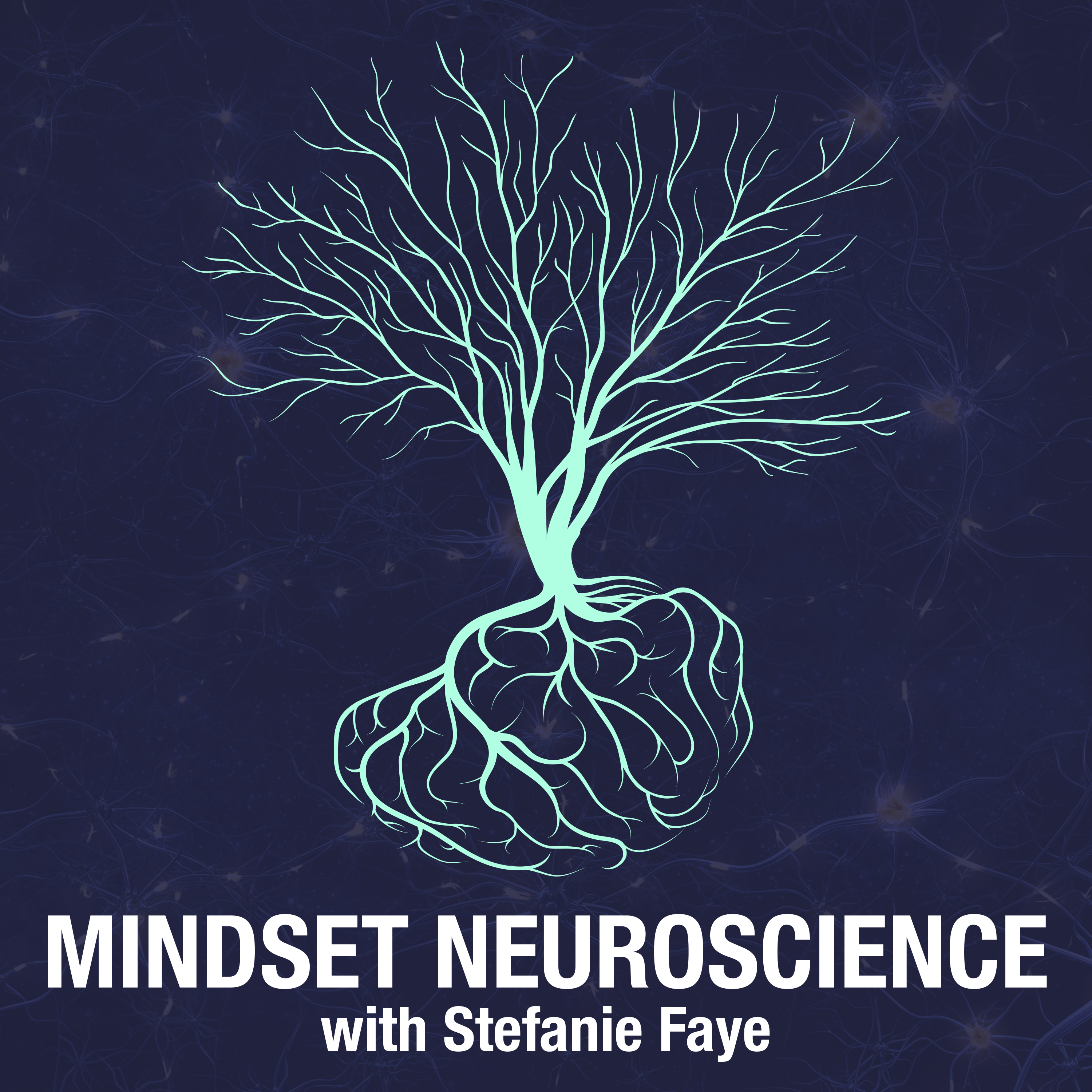Mindstuck: the science of stubbornness and how to change your mind - interview with Michael McQueen
Description
“The measure of intelligence is the ability to change.”
― Albert Einstein
In a world that often values certainty and consistency, it can be hard to admit when we need to change our minds.
The concept of changing one's mind is often seen as a sign of weakness or indecisiveness.
But the fact of the matter is, because we are complex adaptive systems, flexibility is our greatest strength. It’s what allows us to adjust and take in live data that is occurring now, is constantly changing and emerging.
In my interview with Michael McQueen, we talk about his book, Mindstuck: Mastering the Art of Changing Minds,‘the ‘science of stubbornness’ and key strategies we can use for facilitating mindset shifts. We dive into the neuroscience of unconscious biases, polarization and prejudice.
We also discuss:
the neuroscience of unconscious biases, polarization and stereotypes.
specific types of words we use that can trigger fixed or growth mindsets,
nervous system mechanisms that control muscle movements and keep us resistant to change and perpetuate self-fulfilling prophecies.
Michael also shares helpful ideas about what can make us all feel more empowered to change our minds and inspire others to challenge their own theories and opinions. Among these, he lists agency and safety as key mechanisms for increasing the chance of inspiring a mindset shift.
Agency and control create psychological safety
One key aspect of how to change your mind and help others to do the same, Michael suggests, is to maintain a sense of agency and control in the process. People are more likely to embrace change when they feel that they have a choice and are not being forced into it.
The more intelligent a being is, the more it knows of its own autonomy and degrees of freedom. When a person feels that they still have autonomy within a situation or interaction, they are more able and willing to trust.
This sense of agency also fosters psychological safety, which allows people to explore new ideas and perspectives without fear of judgment or retribution.
Values vs. Viewpoints
When we talk about changing minds, it's not about flip-flopping on every issue or abandoning our core values.
It's about being open to new information, different perspectives, and evolving as individuals. It's about being willing to explore complex and nuanced viewpoints, even if they challenge our existing beliefs.
Michael asserts that standing up for our VALUES allows us to feel aligned and still hold what is important to us on deeper levels. VIEWPOINTS, on the other hand, are things we can be more flexible about.
The brain-body system will always prefer to stick with what it knows.
It prefers predictability because this allows it to use what it already has (in terms of circuitry, flow of resources and architecture) to react.
This makes it hard for many of us to stay open to changing our minds.. about people, ourselves, and long-held beliefs.
When we become more curious and willing to allow for complexity, we loosen the grip of rigid thinking patterns that are a part of our brain’s energy-conserving mechanisms.
Mental Flexibility is a sign of strength
The ability to update our opinion based on new information is not a sign of weakness, but a reflection of maturity, complexity and confidence. It is also a gateway to personal evolution and deeper connections with others.
The more we all embrace this ability and honor those who are willing to be vulnerable enough to update and expand their mind,
More Episodes
“too often people typically spring into action based on what first comes to mind, and thus too often mind… And thus too often, wind up seeing the world through the lens of what they already know.”
- Maggie Jackson, Uncertain: The Wisdom and Wonder of Being...
Published 04/30/24
Published 04/30/24
In this episode, I cover 5 concrete, embodied, neuroscience-supported pillars you can use to get better at honing the incredible power of the human mind-brain-body system. We look at several biomarkers and physiological pillars of how to combine the extraordinary, beautiful and magnificent power...
Published 03/26/24


